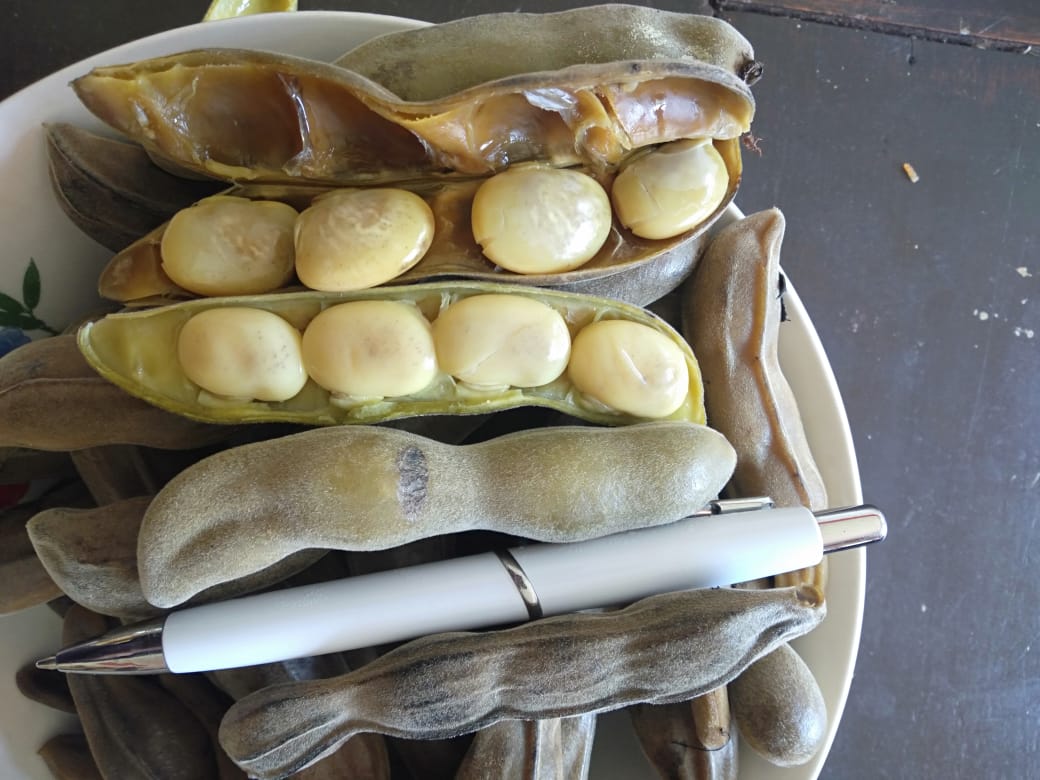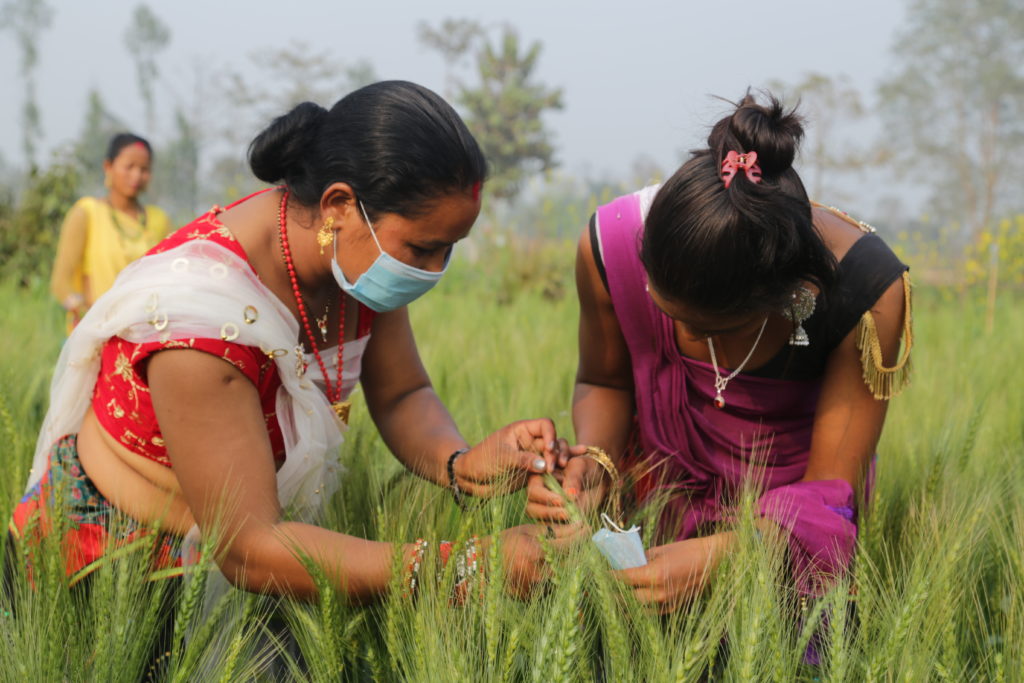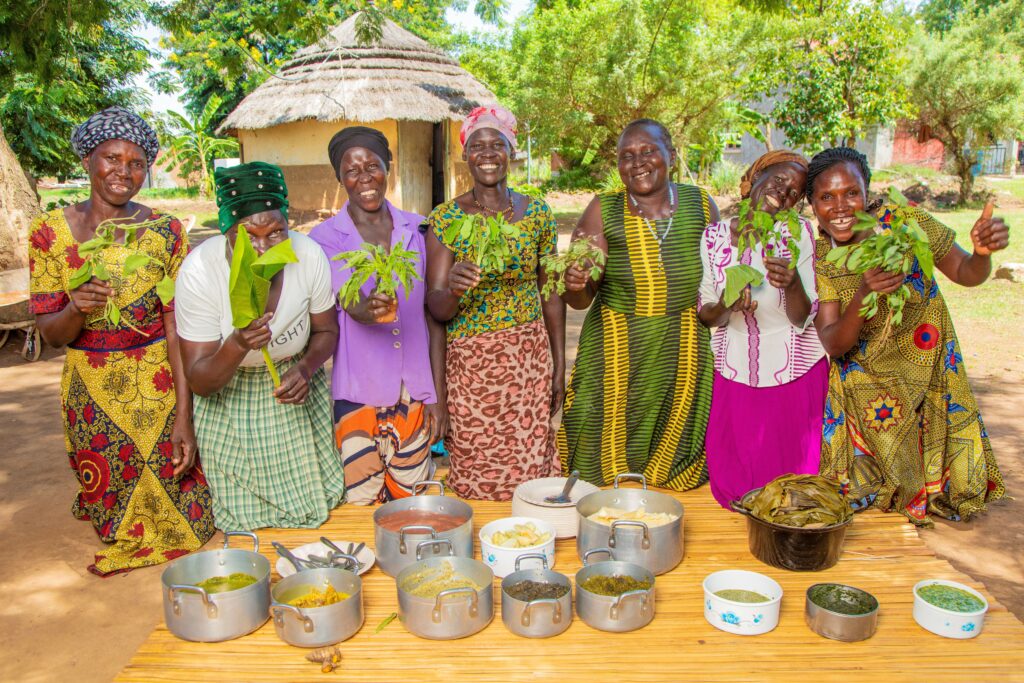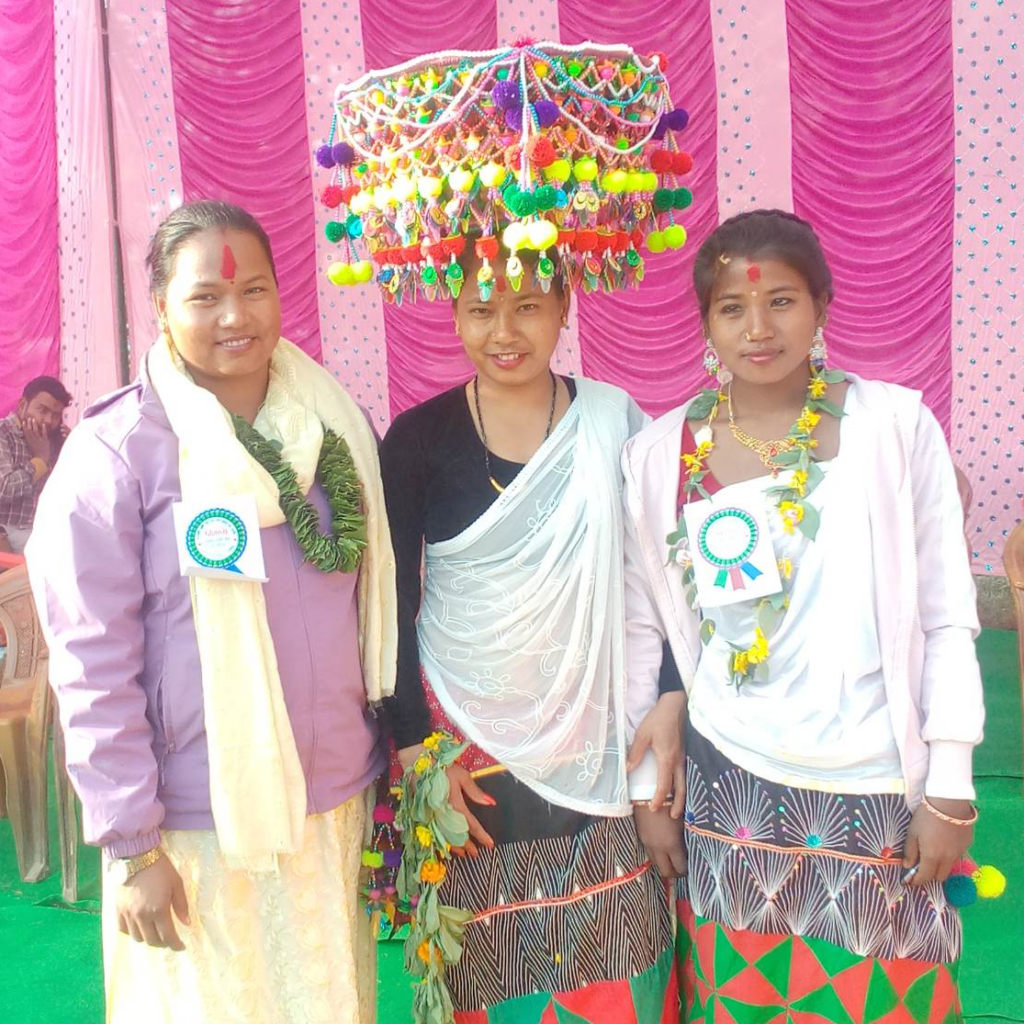Oxfam Novib – the SD=HS program has decided to retract as a speaker to the Global Conference on Green Development of Seed Industries, organized by FAO on November 4-5. Only in a late stage it has become known to us that the process that led up to the creation of the agenda of this conference has been very opaque and not inclusive.
The Conference’s current agenda is heavily biased towards solutions put forward by (Global North-based) seed industries which perpetuate the status quo and are not benefiting small-scale food producers. Although we agree it is very timely to discuss on a multilateral level how better policies and practices might enable small-scale farmers and other food producers to better access seeds and other genetic material, we find it unacceptable that those same small-scale food producers are missing at the table, and that ideas put forward by representatives of peasant and small-scale farmers, pastoralists, Indigenous Peoples and other grassroots organizations have not been taken up with/have been largely ignored.
Farmers’ access to and use of a diverse range of seeds and other genetic material is imperative to strengthen food security, as well as to increase farmers’ adaptive capacity to climate change and other external shocks. Putting farmers’ own solutions center stage and meaningfully involving them in (multilateral) discussions that directly affect their livelihoods is critical in reaching zero hunger, climate resilience and eradicating poverty. In the spirit of inclusive and transparent food governance, we call upon FAO and other UN (food) agencies to organize a conference on seeds systems that includes the perspectives and priorities of small-scale food producers, and to design inclusive consultation processes that honor and respect solutions pathways put forward by all stakeholders including farmers’ and Indigenous Peoples’ organizations.









